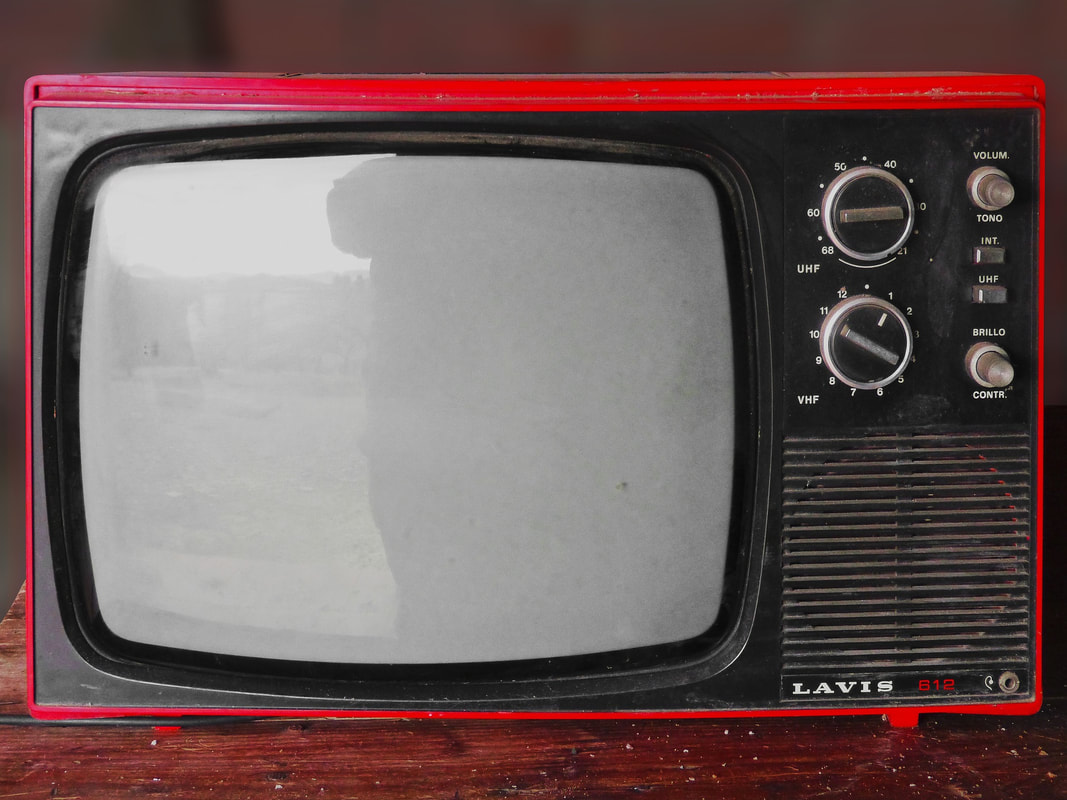|
Image by Marc Pascual from Pixabay
There is a continuing debate among academics concerning what we should be teaching our students. If we were to listen to the students themselves, we would only teach them what they are interested in learning. But that begs a very important question. How can you be interested in something you haven't yet learned? No, the proper role for the educator is to teach what, in their judgment, needs to be taught. How can they make such judgments? Well, the answer is never easy but I think it is fair to defer to experience in these situations. And no, I'm not talking about the individual experience of one or two professors or instructors. I'm talking about the collective experience of our cultural patrimony. Which is only one of the reasons I am an advocate of cultural literacy.
Another important reason to encourage this kind of literacy is that it leads to the success that these students (you remember those who only want to learn what they are interested in) are pursuing. Namely, economic success. Study after study demonstrates that the kind of success we are pursuing in education these days, success as measured by income and job skills, can best be created and enhanced by the pursuit of a high rate of cultural literacy. There are many people more eloquent than I to speak to this subject. In particular, I would encourage everyone to read E.D. Hirsch's excellent book on the subject titled Cultural Literacy: What Every American Needs To Know.
One of the main points of his book is that the ability to learn new things (very important in our technological information-driven society) depends to a large degree on the number of things you already know. Turns out, that the more you know the easier it is to learn. This makes sense when you consider that learning amounts to making connections between what you know already and what you are trying to learn. Perhaps another argument can be made for cultural literacy by appealing to things people are interested in. Hirsch maintains that it takes a certain degree of cultural literacy (more perhaps than you would think at first) to do something as simple as reading the morning paper or watching a television show. For the latter audience, here is a compelling illustration of the importance of cultural literacy. At its peak, it was regarded as one of the best sitcoms on TV. But not often regarded as a bastion of learning. However, to "get" Seinfeld requires a certain amount of cultural literacy. Turns out that even watching a "show about nothing" requires cultural literacy! What follows is only a partial list of the cultural references made on the show. See how many of these you can identify!
0 Comments
Leave a Reply. |
KEVIN J. BROWNEPhilosopher / Educator These blog posts contain links to products on Amazon.com. As an Amazon Associate I earn from qualifying purchases.
Categories
All
Archives
April 2023
|




 RSS Feed
RSS Feed
















